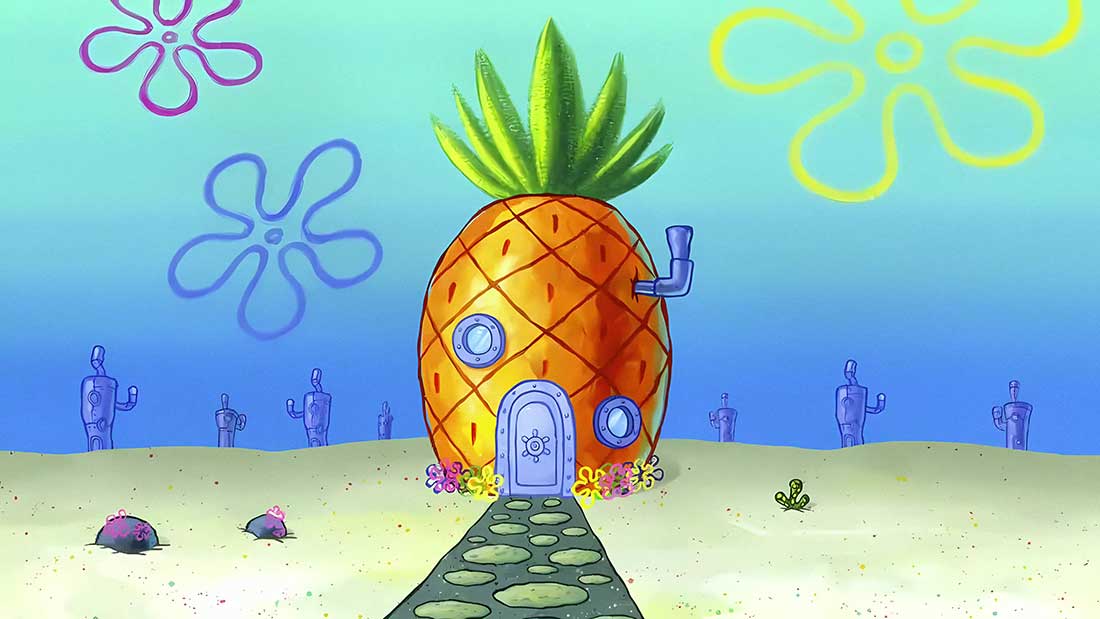joule
nounThe International System unit of electrical, mechanical, and thermal energy.
nounA unit of electrical energy equal to the work done when a current of one ampere is passed through a resistance of one ohm for one second.
nounA unit of energy equal to the work done when a force of one newton acts through a distance of one meter.
nounA practical unit of work or energy equal to 107 ergs, 0.10197 + kilogram-meters, 0.2388+ calories, or 0.7376+ foot-pounds. It was formally adopted as a unit by the international Congress in Chicago (1893) and was legalized in the United States in 1894.
nounAn electrical unit proposed by Siemens.
nounA unit of work which is equal to 107 ergs (the unit of work in the C. G. S. system of units), and is equivalent to one watt-second, the energy expended in one second by an electric current of one ampere in a resistance of one ohm; also called the
See under
In the
a unit of electrical energy equal to the work done when a current of one ampere passes through a resistance of one ohm for one second










